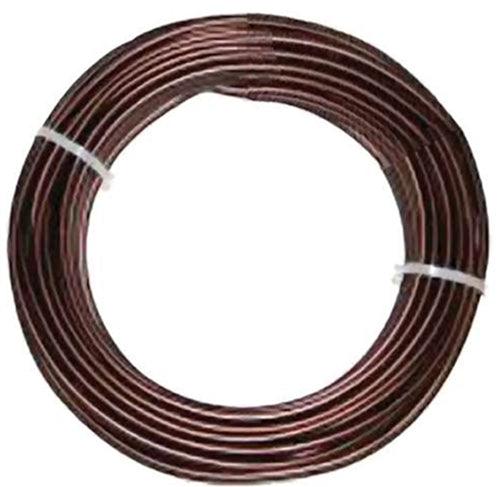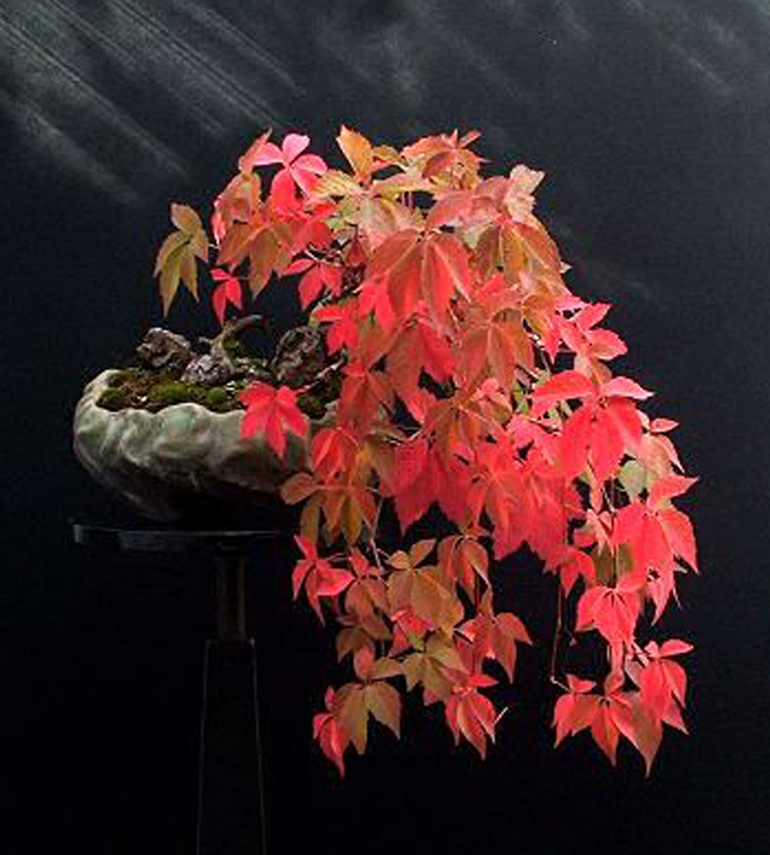
This rugged beauty with its luminous fall foliage is a Virginia creeper (Parthenocissus quinquefolia). Like most of the photos shown here, it's from Harry Harrington's bonsai4me website
It has been a while since we visited our friend Harry Harrington, a bonsai artist on a mission to style ten thousand bonsai in one lifetime (or so it seems). In addition to being one of the most prolific and visible bonsai artists we know (Harry’s timeline and his website provide ample evidence on both counts), Harry often specializes in bonsai that come from humble origins…
Continued below…
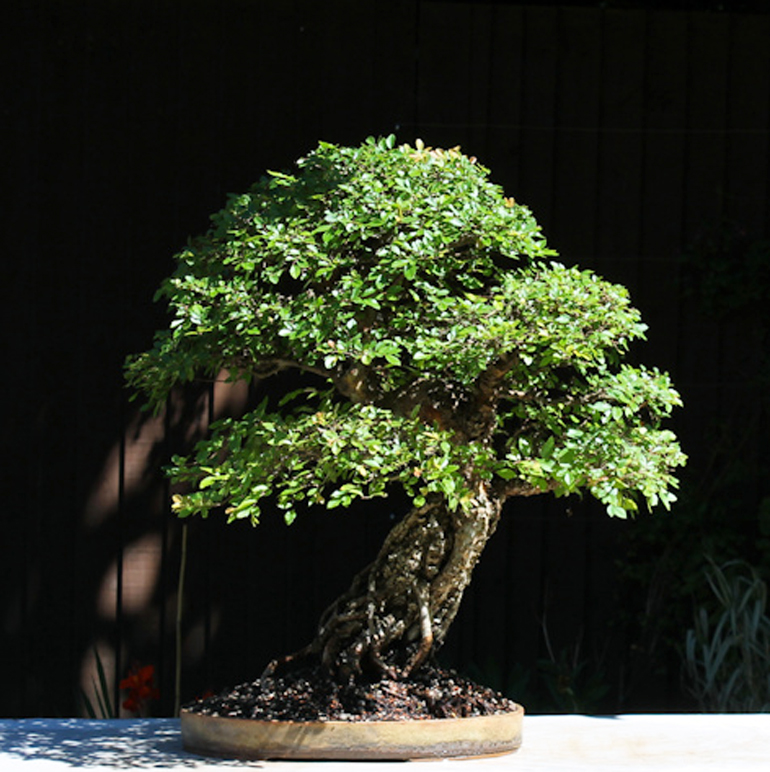 A dramatically lit photo that shows off this old Chinese elm's (Ulmus parvifolia's) lush foliage
A dramatically lit photo that shows off this old Chinese elm's (Ulmus parvifolia's) lush foliage
Continued from above…
…If you are interested in quality bonsai, and don’t have the resources or inclination to spend a lot of money, Harry Harrington’s approach might be just what you are looking for. Most quality bonsai starts with quality (usually expensive) stock. Harry starts with whatever he can find (or what people sometimes bring him). If you’re like most of us, you can learn a lot from this approach. And you can save some money.
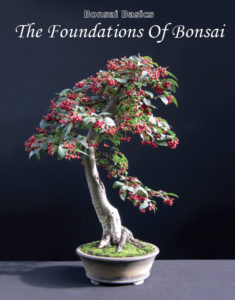
The Foundations of Bonsai
a good place to start if you want to see how Harry does it
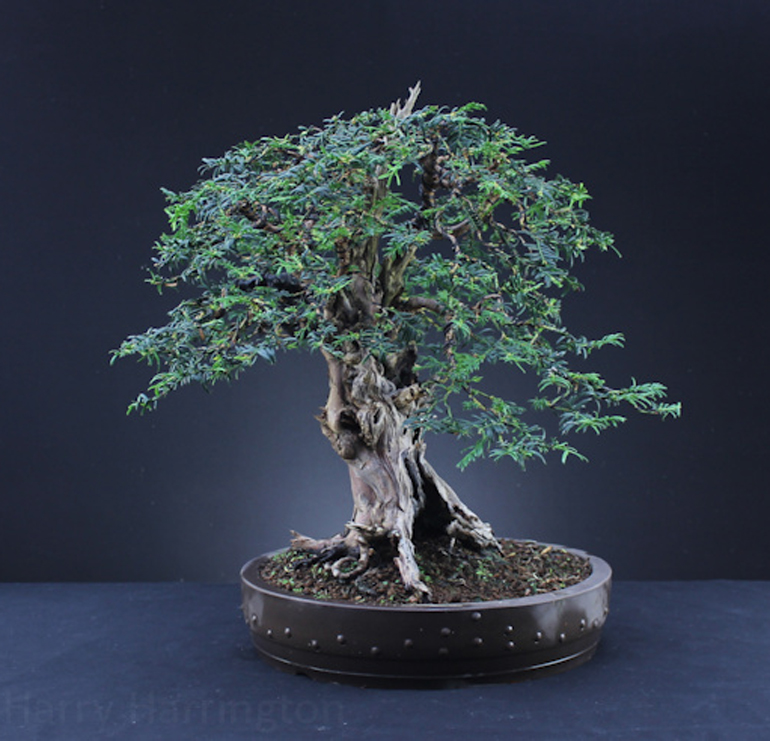
English yew (Taxus baccata)
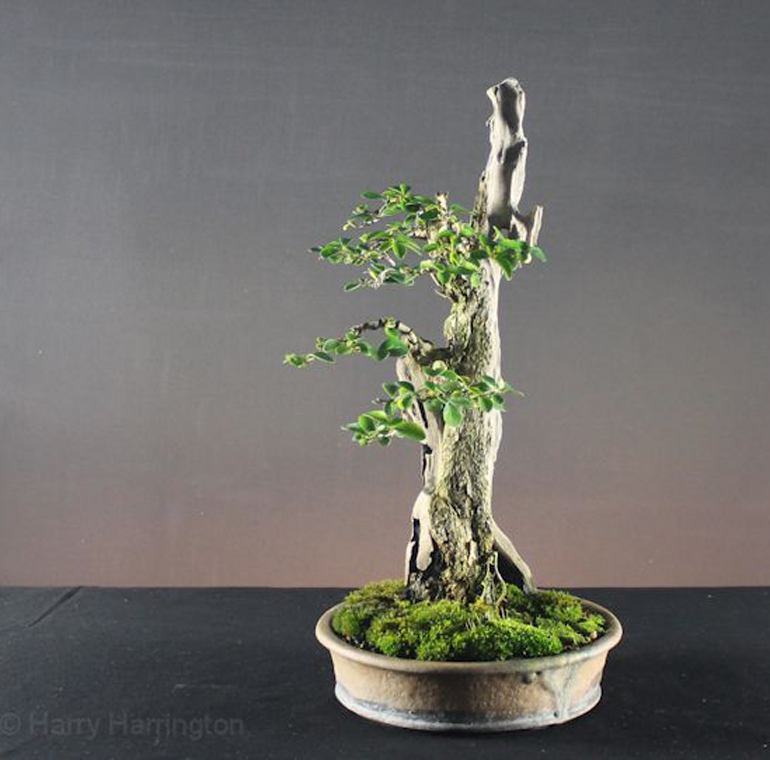
Privet (Ligustrum ovalifolium) hedgerows are common in England and provide a great source of exceptional bonsai material (though you can bet this one didn't look quite like this when it was dug)
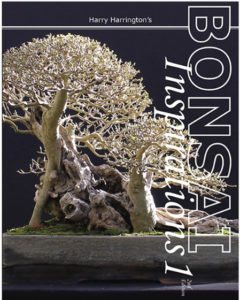
Harry’s Bonsai Inspirations 1
if you’d like to keep exploring how Harry does it
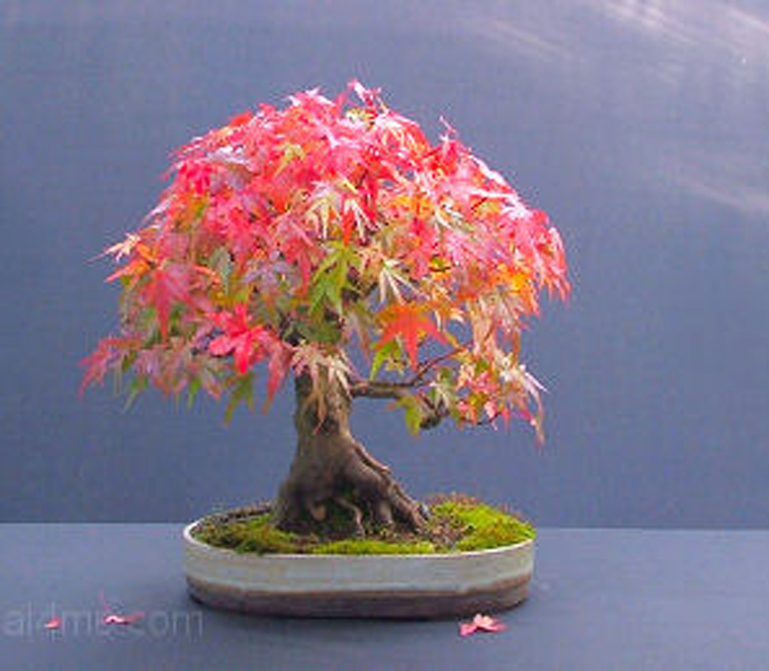
Japanese mountain maple (Acer palmatum)
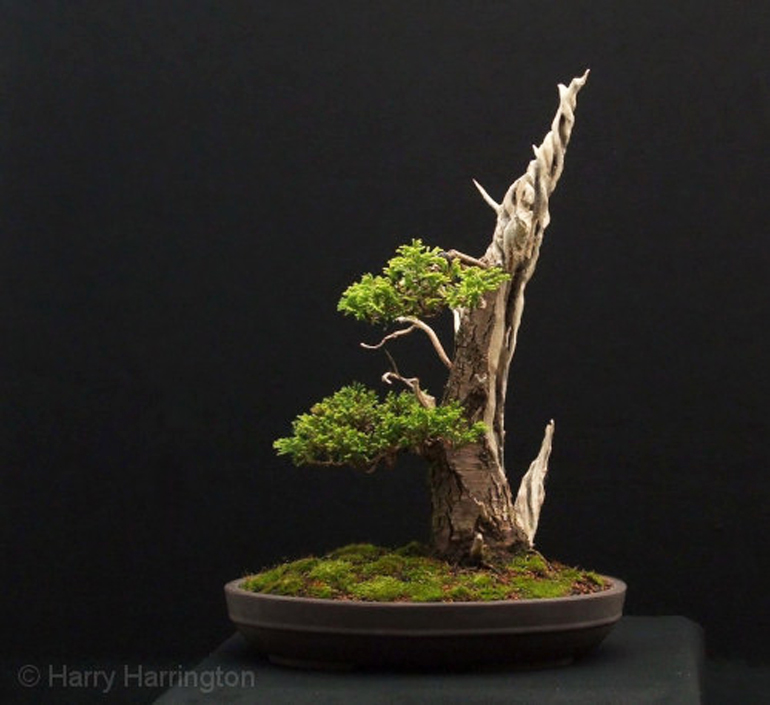
Sawara cypress (Chamaecyparis pisifera)
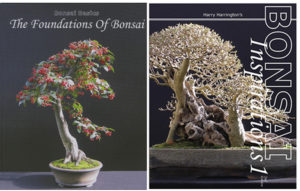
Or you can save a bit if you’d like both
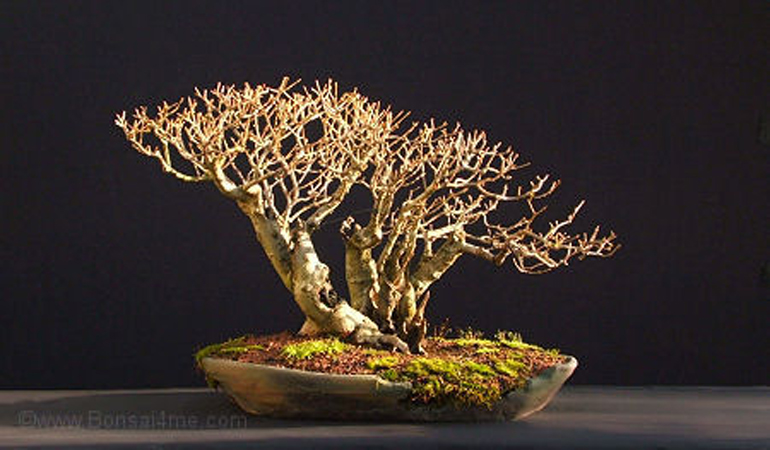
A raft style Privet
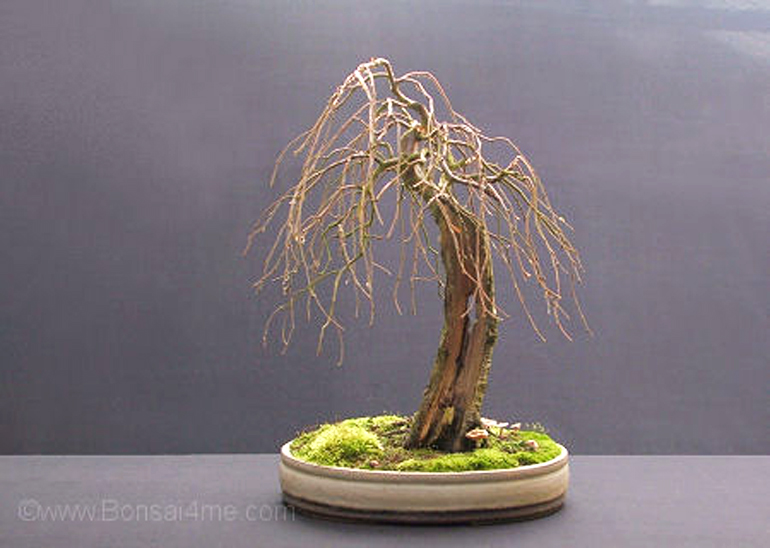
A weeping Downey birch (Betula pubescens). I don't know if it came this way or if Harry wired the branches down (though I suspect a bit of both)
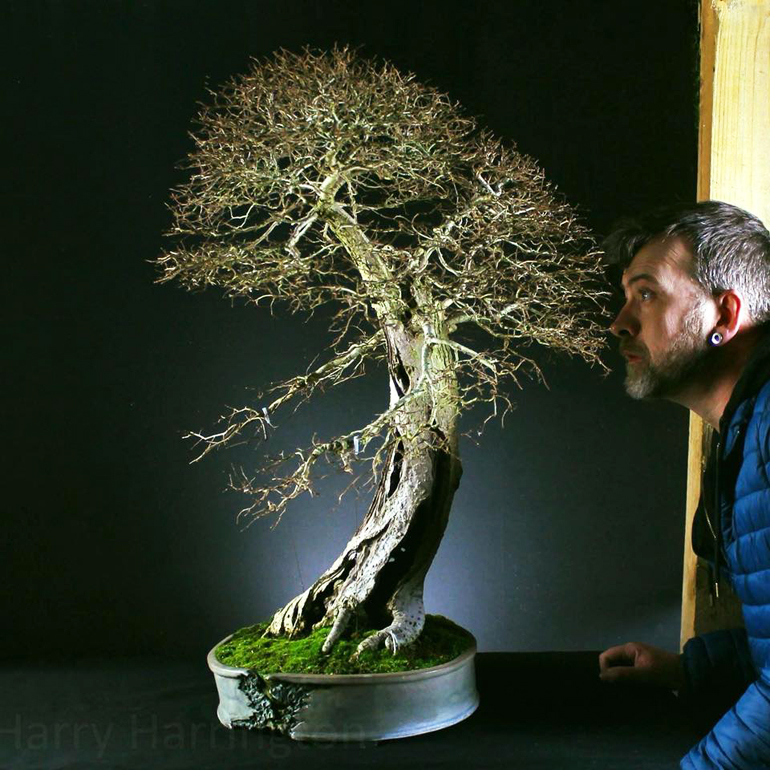
The artist with one of his famous English elms (Ulmus minor)
We when said Harry is prolific, we weren’t kidding… the trees shown here represent just a the tiny tip of Harry’s bonsai
–
–

